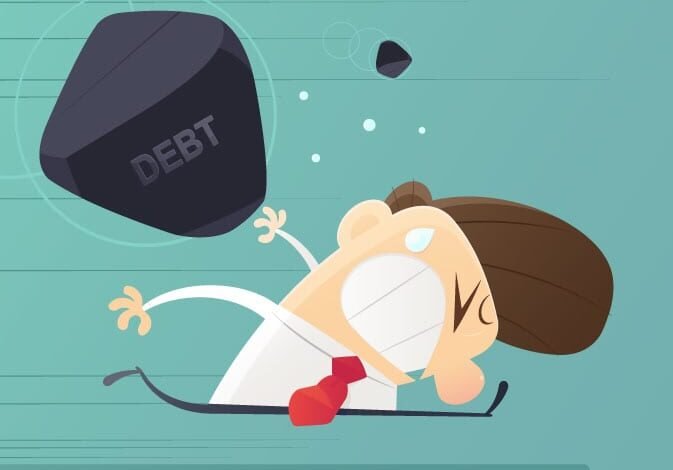Avoiding Debt Struggles: Strategies for Financial Success

Debt is a common burden that many individuals face, especially when starting out in life. Whether it’s credit card debt, student loans, or personal loans, being weighed down by debt can have a significant impact on your financial well-being and mental health. The good news is that there are proactive steps you can take to avoid being bogged down by your debt. By understanding how to manage debt effectively, individuals can regain control of their finances and work toward long-term stability.
Understanding Debt and Its Impact
Debt is not inherently bad, but how you manage it can make a substantial difference in your financial future. Many young people face mounting debt after graduating from college, often in the form of private student loans, credit cards, or other personal loans. While some debt, such as student loans, may be necessary to pursue higher education and career opportunities, it can quickly become overwhelming if not managed properly.
FOR INFORMATIVE CONTENT VISIT.. : Christmas gifts
Unmanaged debt can lead to high interest payments, late fees, and, over time, a worsening credit score. With rising debt, individuals may find themselves juggling multiple payment deadlines, feeling trapped in a cycle of minimum payments and growing interest. This situation can lead to a sense of financial instability and increased stress. However, understanding the tools available for managing debt can help individuals break free from this cycle and regain control of their financial situation.
Building and Maintaining an Emergency Fund
One of the best ways to avoid being bogged down by debt is to build and maintain an emergency fund. An emergency fund acts as a financial cushion in case unexpected expenses arise, such as car repairs, medical bills, or job loss. Without an emergency fund, individuals may find themselves relying on credit cards or loans to cover these unexpected costs, further adding to their debt burden.
A good rule of thumb is to aim for at least three to six months’ worth of living expenses in an easily accessible savings account. Start small by setting aside a portion of your income each month, even if it’s just a small amount. Over time, this savings will grow and provide a safety net that can prevent you from taking on additional debt when life’s inevitable surprises occur.
Avoid Accumulating More Debt
While paying down existing debt is important, it’s equally essential to avoid accumulating more debt. Take steps to limit unnecessary spending and avoid impulse purchases that can quickly add up. Creating and sticking to a monthly budget is one of the most effective ways to ensure that you live within your means and avoid new debt.
When it comes to credit cards, consider using them for essential purchases only and paying off the balance in full each month to avoid interest charges. If you have multiple credit cards, focus on paying down those with the highest interest rates first, while still making minimum payments on the others.
Financial discipline is key to avoiding debt struggles. By sticking to a budget, living within your means, and paying off existing debt, you can build a solid financial foundation that allows you to avoid the traps of accumulating more debt.
In conclusion, avoiding being bogged down by debt requires careful planning, proactive management, and financial discipline. Whether dealing with student loans or other forms of debt, creating a repayment strategy, building an emergency fund, and avoiding new debt can help individuals regain control of their financial lives. By making responsible financial decisions and staying committed to your goals, you can break free from the burden of debt and work toward long-term financial stability.





